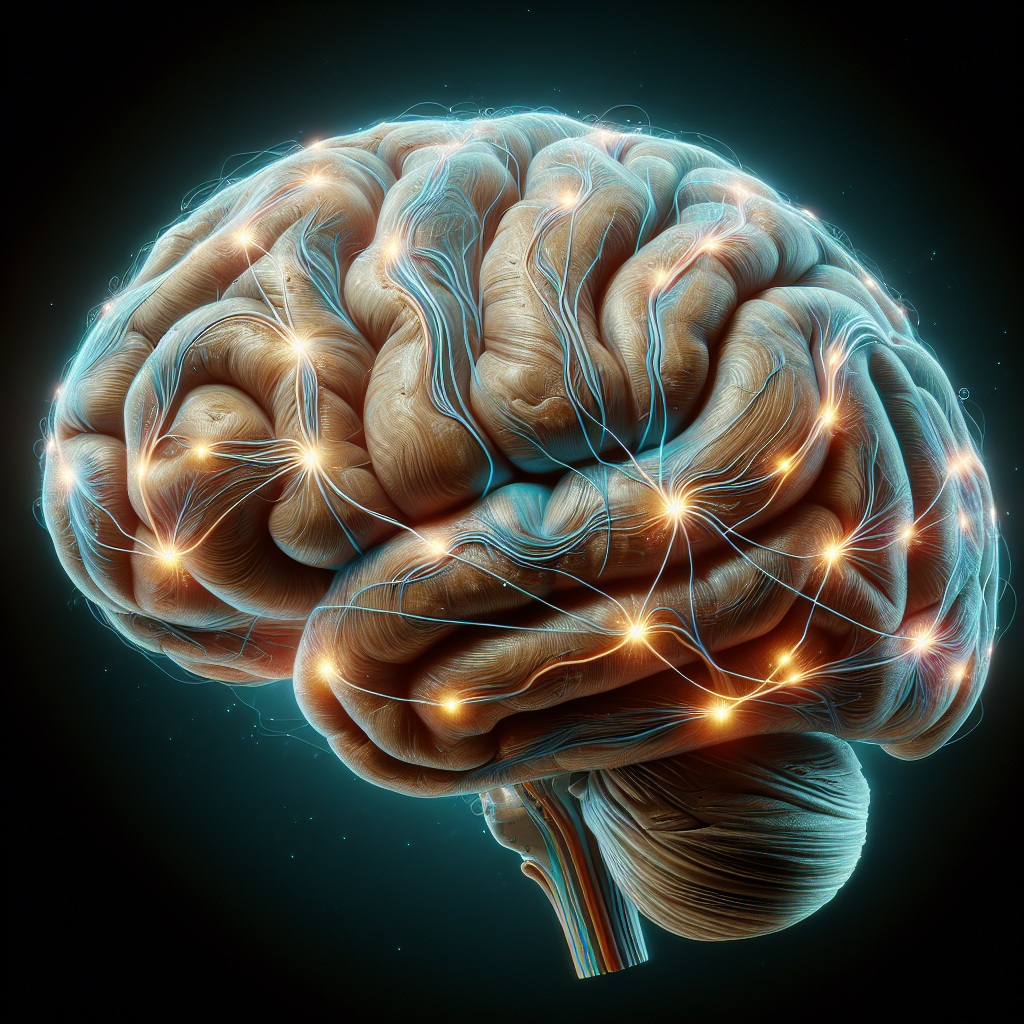Physical health and brain function are intricately linked. A healthy body sets the foundation for a healthy mind, and vice versa. This connection goes beyond the superficial, affecting everything from our cognitive abilities to our emotional well-being. In this comprehensive exploration, we’ll delve into how maintaining physical health is crucial for optimal brain function and overall mental health.
The Symbiotic Relationship
The human body operates as an interconnected system, where the state of our physical health can significantly influence our cognitive processes and mental state. Regular physical activity, for example, is known to improve mood, enhance memory, and even increase the size of brain structures related to cognitive function.
For a deeper understanding of how physical health impacts cognitive abilities and mental wellness, it’s essential to consider the role of brain health, which encompasses all aspects of neurological functioning, from memory and decision-making to emotional regulation and consciousness.
The Role of Exercise in Brain Function
Exercise is one of the most effective ways to improve brain health. When we engage in physical activity, our heart rate increases, pumping more oxygen and nutrients to the brain, which encourages the production of neurotrophins. These are proteins that support neuron growth and survival, crucial for maintaining and forming new neural connections.
Furthermore, exercise stimulates the release of endorphins, often referred to as "feel-good" hormones, which can alleviate feelings of stress and lead to a more positive mood. Endorphins also help in improving focus and concentration, making exercise a valuable tool for enhancing cognitive performance.
Impact of Nutrition on Brain Health
Diet also plays a pivotal role in the connection between physical health and brain function. Essential nutrients from a balanced diet are fundamental for cognitive processes. For instance, omega-3 fatty acids found in fish oil are known to support brain structure and function, while antioxidants in fruits and vegetables can help combat oxidative stress that may lead to cognitive decline.
A diet lacking in essential nutrients can lead to deficits in brain function, affecting memory, concentration, and even the risk of developing neurological disorders. To further understand the importance of diet in cognitive function, consider reading about how diet affects your cognitive function.
Importance of Sleep for Brain Health
Sleep is another critical factor in maintaining both physical health and cognitive function. During sleep, the brain engages in a variety of processes that are essential for learning and memory. It’s also a time when the brain clears out toxins that can potentially lead to neurodegenerative diseases. A persistent lack of sleep not only impairs cognitive abilities but can also contribute to poor physical health, creating a negative cycle that affects overall well-being.
To further explore the role of sleep in brain health, refer to the article on the role of sleep in maintaining brain health.
Chronic Conditions and Brain Function
Chronic physical conditions such as heart disease, diabetes, and obesity can also have a profound impact on brain health. These conditions can lead to inflammation and vascular changes that may impair brain function. The management of these conditions through lifestyle changes and medical interventions is crucial not only for physical health but also for maintaining cognitive function.
For more information on how chronic conditions affect brain health, consider reading chronic conditions and their impact on brain health.
External Resources Supporting the Connection
To further substantiate the points made regarding the connection between physical health and cognitive function, here are some niche, high-quality resources:
- The Cleveland Clinic provides insights into how exercise supports brain health, emphasizing the benefits of physical activity for cognitive function.
- Harvard Health Publishing discusses the specific changes that regular exercise brings to the brain, particularly in memory and thinking skills.
- For an in-depth look at how nutrition affects cognitive health, the National Institutes of Health offers a comprehensive study on the impact of nutrients on brain function.
- Research on the importance of sleep can be found through the Sleep Foundation, which explains how different stages of sleep contribute to various aspects of brain function.
In conclusion, the symbiotic relationship between physical health and brain function is undeniable. Exercise, nutrition, and sleep are just a few of the key elements that help maintain this balance. By adopting a lifestyle that prioritizes physical health, we can ensure our brain’s health and functionality, leading to improved cognitive abilities and overall mental well-being.



